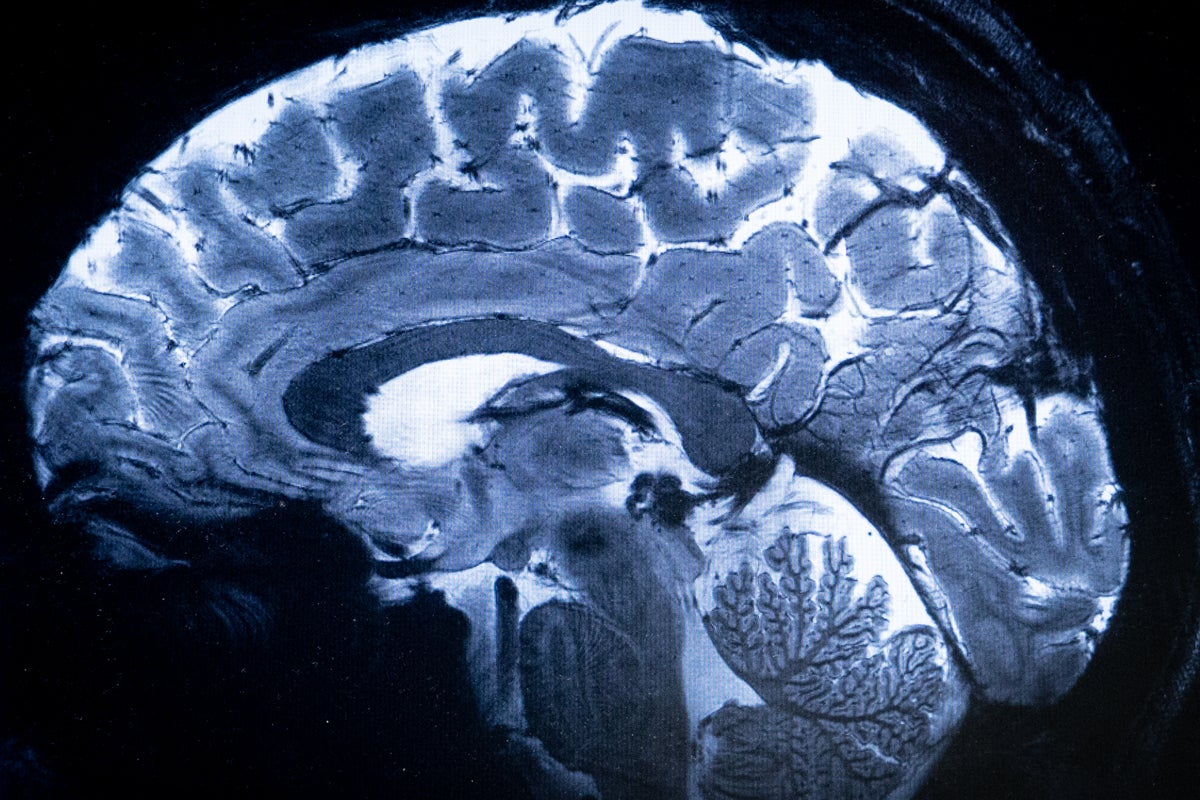New study links common nutrient deficiency to Alzheimer’s risk

The Role of Lithium in Alzheimer’s Disease
Recent groundbreaking research has uncovered a potential link between lithium deficiency and the development of dementia, particularly in Alzheimer’s patients. This discovery, published in the journal Nature, marks a significant shift in understanding the biological mechanisms behind this devastating condition.
The study, which spanned over a decade, revealed that lithium occurs naturally in the brain and plays a crucial role in maintaining the normal function of its major cell types. This includes preventing the degradation of nerves, which is a key factor in cognitive decline. Scientists from Harvard Medical School found that lithium loss in the human brain could be one of the earliest changes leading to Alzheimer’s. In mice, similar lithium depletion was associated with accelerated memory decline.
Lithium and Amyloid Plaques
One of the most intriguing findings of the study is the relationship between lithium levels and amyloid plaques. These plaques are well-known markers of Alzheimer’s disease. Researchers discovered that reduced lithium levels were linked to impaired uptake of the metal and its binding to these plaques. This interaction may contribute to the progression of the disease.
To address this issue, scientists tested a new type of lithium compound called lithium orotate. This compound showed promise in avoiding capture by amyloid plaques and restoring memory in mice. The results suggest that lithium orotate could potentially be used as a therapeutic agent for Alzheimer’s, but further studies are needed to confirm its effectiveness in humans.
Methodology and Findings
The researchers employed an advanced chemical analysis method known as mass spectroscopy to measure trace levels of about 30 different metals in brain and blood samples. These samples came from individuals at various stages of cognitive health, including those with early-stage dementia and advanced Alzheimer’s.
The analysis revealed that lithium was the only metal with significantly different levels across these groups. Moreover, lithium levels appeared to change at the earliest stages of memory loss, indicating its potential as a biomarker for early diagnosis.
Lithium as a Nutrient
Dr. Bruce Yankner, the senior author of the study, emphasized that lithium functions similarly to other essential nutrients like iron and vitamin C. “It’s the first time anyone’s shown that lithium exists at a natural level that’s biologically meaningful without giving it as a drug,” he noted.
Historically, lithium compounds have been used to treat mental conditions such as bipolar disorder and major depressive disorder. However, these treatments involve higher concentrations that can be toxic, especially for older adults. The new findings suggest that lithium orotate, at a much lower dose—about one-thousandth of traditional doses—can mimic the natural level of lithium in the brain.
Future Implications
While the results are promising, the researchers caution that more clinical trials are necessary to validate the effectiveness of lithium orotate in humans. They also believe that measuring lithium levels could aid in screening for early Alzheimer’s, offering a new strategy for early diagnosis and prevention.
This study challenges existing theories about Alzheimer’s disease, which affects nearly 400 million people worldwide. It highlights the need for a more comprehensive understanding of the condition, which involves multiple brain abnormalities, including amyloid beta clumps, tau tangles, and the loss of the protective protein REST.
Despite decades of research, many questions remain. For example, why do some individuals with Alzheimer’s-like brain changes not develop dementia? Recent treatments targeting amyloid beta plaques have had limited success in reversing memory loss, suggesting that a different approach is needed.
A New Therapeutic Approach
Dr. Yankner emphasized that the idea of lithium deficiency as a cause of Alzheimer’s is a novel concept. “It suggests a different therapeutic approach,” he said. While caution is warranted when extrapolating results from mouse models to humans, the initial findings are encouraging.
As the scientific community continues to explore the role of lithium in Alzheimer’s, the potential for new diagnostic tools and treatments offers hope for millions affected by this disease. The study underscores the importance of ongoing research and the need for innovative strategies to combat one of the most pressing health challenges of our time.
Post a Comment for "New study links common nutrient deficiency to Alzheimer’s risk"
Post a Comment